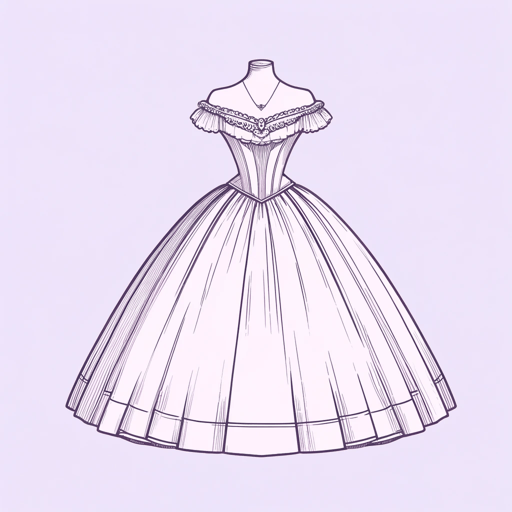69 pages • 2 hours read
Elizabeth GaskellNorth and South
Fiction | Novel | Adult | Published in 1854A modern alternative to SparkNotes and CliffsNotes, SuperSummary offers high-quality Study Guides with detailed chapter summaries and analysis of major themes, characters, and more.
Themes
Victorian-Era Gender Norms
In the Victorian era, society operated under a strict patriarchal system that viewed women as the weaker sex meant to be ruled by men and bound by a duty to the home and family. Without the prospect of a career or trade, marriage was the only path to economic stability; aside from middle-class jobs as governesses or teachers, women were expected to stay in the home. Victorian etiquette books gave women rules for how to behave, and marriage was seen as a solution to the problem of fragile femininity. Elizabeth Gaskell criticizes this view and sees the lack of education and absence of fulfilling work as damaging to women’s intellectual and emotional development. In her view, women should be active in their community, serving and interacting with people outside their familial unit. Gaskell’s Unitarian faith informs her narrative as she creates a character that is motivated by her conscience, not bound by tradition or customs. Through her nontraditional Victorian heroine Margaret, Gaskell explores the idea of female autonomy in a young woman who goes beyond the boundaries of her gender to find kinship in her community and discover meaning within herself.
Gaskell provides in Edith and Fanny examples of young women following the traditional role of females in the Victorian Era.
Related Titles
By Elizabeth Gaskell






